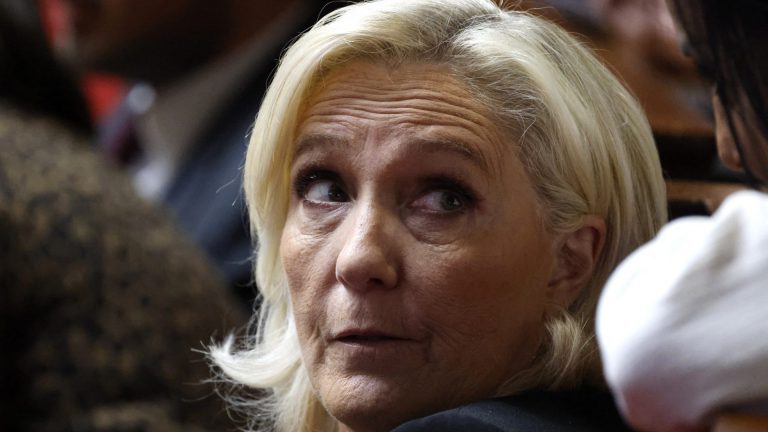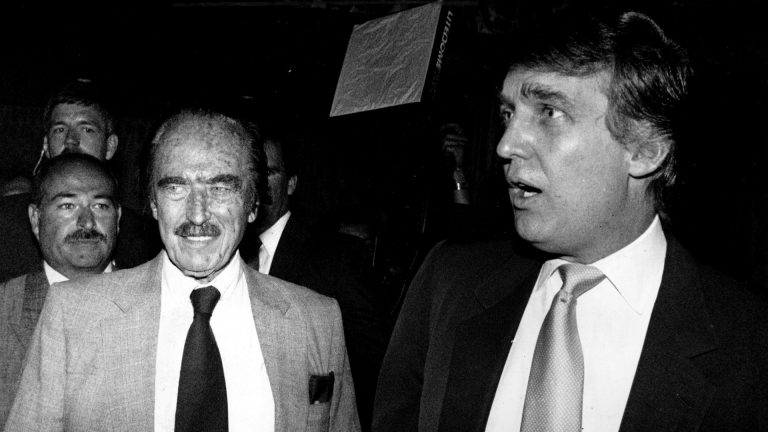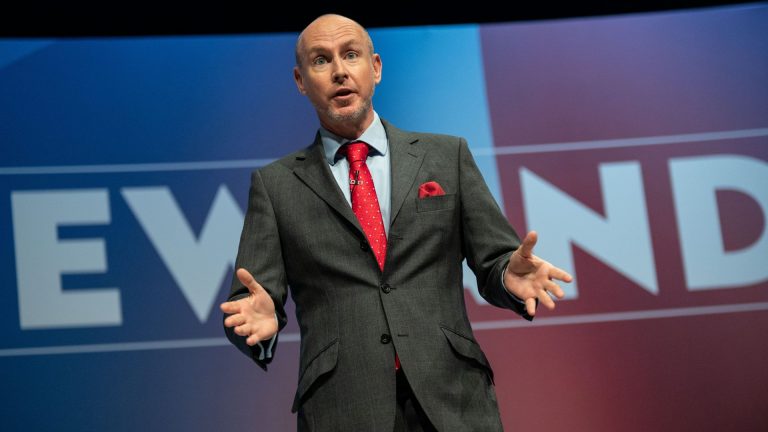
Brexit is the ‘third rail’ of politics – touch it and you are dead. But a sane strategy could yet emerge
Brexit is a revolution that devours its children. It has consumed three prime ministers – Thatcher, Major and Cameron. It is destroying a fourth – May.
In the last year alone it has decapitated a Chancellor, neutered both a Foreign Secretary and the next Chancellor, and already two of the three ministers in the new Brexit department have exited.
Brexit is the ‘third rail’ of modern British politics. Touch it and you are dead.
The revolution wreaks havoc hour by hour and it is quite possible that Theresa May will have resigned by the time you read this. But if she survives for a short while it is for one reason only: no-one else wants to assume the opprobrium of the Brexit negotiations, particularly agreeing a figure for the ‘exit bill’, which will be in the tens of billions and is already becoming the object of the next vitriolic Daily Mail and Sun campaign against the evil empire.
May’s position is similar to that of the hapless Earl of Shelburne, one of Britain’s shortest lived and least regarded premiers, who had the hapless task of negotiating the treaty of independence for the victorious American colonies in the 1780s. He was discarded within days of it being signed. My prediction, for what it is worth (not much), is that if May resigns before the exit terms are agreed, her successor will not survive the Brexit negotiations. Revolutions typically get, swiftly, through two generations of leaders before the tumult subsides.
Whoever is in No 10, what should their policy be? The Hard Brexit of May’s Lancaster House speech of January 17 – leaving both the customs union and the single market, and ‘no deal is better than a bad deal’ – was disowned this week by her Chancellor, Philip Hammond, and is now being intensely fought in the Cabinet. Hammond is seeking to secure at least a lengthy transition phase of membership of the Norway-led European Economic Area – which might then end up as the basis for a long-term deal, if the Soft Brexiteers triumph over the Jacobin Hard Brexiteers.
If David Davis and Liam Fox’s Jacobins win, the UK will probably end up in a WTO rules-based arrangement beyond a more scrappy transition, with trade tariffs and a nightmare prospect of negotiating bilateral trade deals with the countries currently covered by EU trade agreements.
At stake is not only tariff and trade regulations but also the regime for dozens of vital national activities, from air travel to nuclear safety and research. What happens to these is anyone’s guess.
The position of the DUP is critical to the internecine strife. Because of the Remain majority in Northern Ireland, and their desire to avoid a hard border with either Ireland or the British mainland, the DUP support membership of the single market and the customs union.
Crucial to the Soft – ie, ‘sane’ – Brexit option is the attitude taken by President Macron. He is already sharing the leadership of Europe with Chancellor Merkel and may soon take it over entirely. If May or her successor decide upon a Hard Brexit, he has every incentive to drive a hard bargain, since the policy of the British government will be precisely to secure one.
However, if ‘sane Brexit’ becomes UK policy, the incentives change. If the UK wants serious engagement, a strategic-minded French president ought to want to secure this, for the benefit of trade with its second largest neighbour and to underpin the long-term security of the Continent. A stark fact is that when Britain leaves the EU, 80% of NATO resources will also be outside the EU, hardly a strong and stable environment for the union.
A key issue will be freedom of movement to work. The main concern for most of those who voted for Brexit is uncontrolled immigration. This is where they really want to ‘take back control’.
Free movement of people to work is not – whatever Jean-Claude Juncker says – an indispensable condition for an effective single European market. It may be a requirement for a single European state, but that is another matter.
Does Macron share this view? Jean Pisani-Ferry, a senior Macron campaign adviser, said recently: ‘There can be no doubt that the Leave campaign tapped into seams of genuine concern about the scale and speed of immigration. Free movement of workers is not indispensable for the smooth functioning of economic integration in goods, services and capital.’ He added, pointedly: ‘We therefore contradict the current view of the EU president.’
The Pisani-Ferry thesis is heresy in Brussels, where the four freedoms – like the Holy Trinity – are held to be one and indivisible. Since the heretic opined injudiciously in public, Macron has not made him a Minister nor taken him (yet) in the Élysée. But that does not make his argument any less valid or serviceable.
If Britain were allowed to restrict free movement of workers while remaining in the single market and customs union, parliament, not the EU, would decide a national immigration policy. But there would continue to be an unrestricted right to travel and study freely across the EU, and the rights of existing residents would be guaranteed. So about three-and-three-quarters of the four freedoms would be guaranteed.
If Paris was worth a mass, sane Brexit might be worth one sixteenth of Brussels orthodoxy.
Crucially, there would be no need for immensely complex negotiations over trade and much else, which are virtually certain to result in acrimony and damage both to Britain and the rest of Europe.
What would Britain’s best immigration policy be on this scenario? That depends on your view of the relationship between immigration and opportunities for British workers, particularly low skilled young people who are faring so badly in today’s job market. Some controls may be justified, if they go hand in hand with radical reform of technical education, to equip the half of young people who do not go on to higher education with skills for tomorrow’s jobs.
Critically, the government would be responding to the much-vaunted ‘instruction of the British people’ to leave the EU, but without undermining our trade and security in a way never intended by most of those who voted Leave. And our European allies would be reconstituting the ‘European economic area’ to make it viable for the future, with an outer ring in which national sovereignty plays a greater role.
Oh, and the treaty with the victorious American colonies was …. the Peace of Paris. As for the benighted Earl of Shelburne, he never held office again. But his protégé, William Pitt, became Britain’s youngest and longest serving prime minister. For most of his tenure, he was at war with France.
Lord Adonis is chairman of the National Infrastructure Commission. He served in the Labour governments of Tony Blair and Gordon Brown, holding posts including Transport Secretary and Schools Minister









